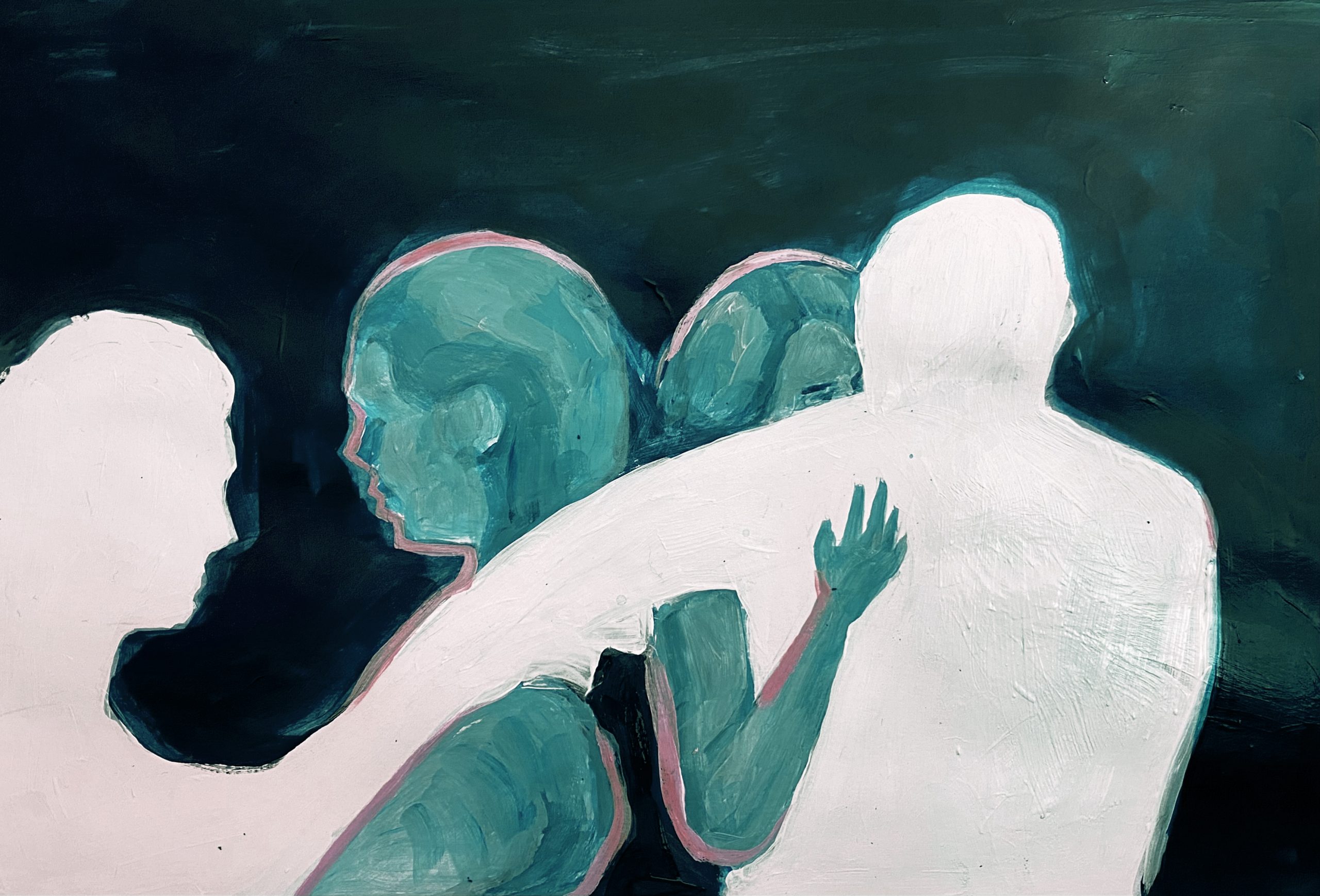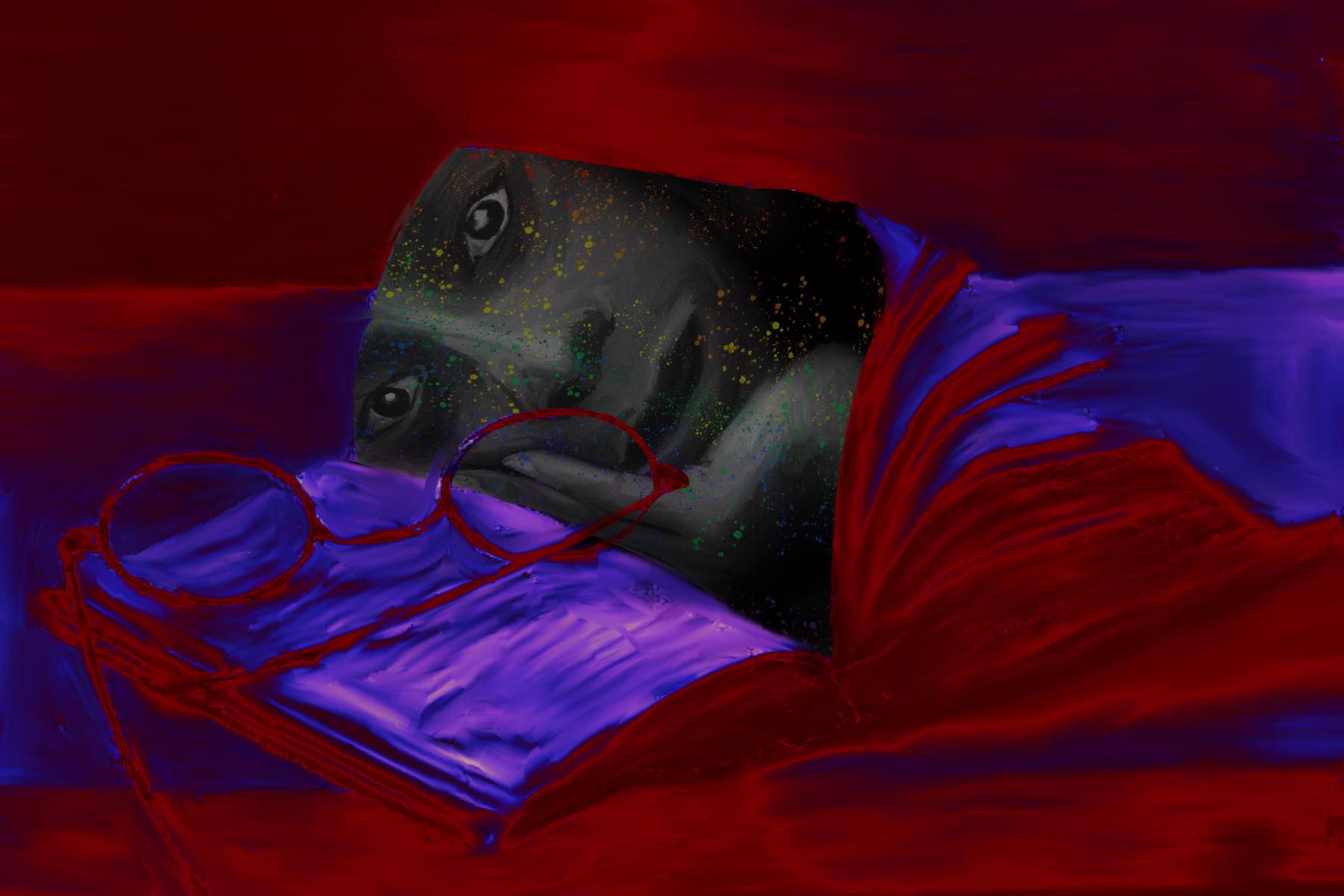
The Lost Voices Found
There are absences within our poetry, art, prose, music, and politics – voices have been lost.
We need only look at historical book-burnings to witness the political significance of the arts, and the censorship they have faced along the way. The canon is fundamentally flawed, and naturally, this impacts how we perceive society. The natural question is how to best undo this damage.
This is where revisionism comes in – taking the events of the past and reshaping them through the lens of the present. However, revisionist authors and artists are not united in their opinion on how best to undo this damage. The question is: to revise, or to deconstruct entirely?
Christa Wolf writes Cassandra in the world of the German Democratic Republic in the year 1983. Wolf is firmly placed within the revisionist camp, as she takes the classical figure of Cassandra from Homer’s Iliad – known almost exclusively as the hysterical seer – and reworks our perception of her. Wolf’s excellence lies in her ability to acknowledge the complexities of the situation, her complicity within the very systems that oppress her. It would be all too easy to polarise the feminine experience and the masculine experience within the novel, but Wolf acknowledges that this is not a real, reflective experience. We cannot pretend that we are alien to the patriarchy; we grew up surrounded by it, trapped within its machinations. Wolf’s Cassandra is not only political in the context of the regime within which it was written, but also in its criticism of the canon’s dismissal of Cassandra as just a hysterical woman – as so many are. We see it still – just another overly emotional woman. Unfit for office. High maintenance. ‘God, are you on your period?’ The definition of hysteria: “n. 1. Medicine. Originally; a physical disorder of women, dysfunction of the uterus.” [ER6]
Jean Rhys goes one step further with Wide Sargasso Sea. We see a staunch reminder of the mistreatment of Antoinette Cosway, who we know canonically as the ‘mad’ wife of Mr Rochester in Charlotte Brontë’s Jane Eyre, but we are also exposed to the racial element of her mistreatment that Brontë fails to address. Mr Rochester is the charming, desirable leading man in Brontë’s classic, who, not so charmingly, locks her up in the attic and starts sleeping with the governess. Bertha, or Jean Rhys’ Antoinette, is given a childhood, a story, a life outside of Rochester’s cultivated narrative of what and who she is. She is a young solitary girl from Jamaica, forced into an arranged marriage then relentlessly anglicised and mistreated by her husband. It is a brutal read – we bear witness to Rochester’s simultaneous fetishisation and contempt of Antoinette’s race, her anguish, her suffering. Antoinette is the singular embodiment of those silenced by the dominant and oppressive cultural narrative, her culture erased as Rochester refers to her only as the anglicised “Bertha”. Rhys writes of Antoinette: “I will write my name in fire-red,” the flames of rebellion, and that is exactly what the entire novel seeks to do. To tell her story, to fight against that Euro-Christian, male narrative locking her away in the attic for centuries. “Bertha is not my name. You are trying to make me into something else, calling me by another name.”
The deconstructionists take things in a different direction, disassembling the canon and its constituents entirely. After all, how can we truly liberate these perspectives whilst writing in the very language that silenced them? NourbeSe Philip writes firmly within the deconstructionist wing of the revisionist camp. In the opening lines of her poem ‘Discourse on the Logic of Language’, Philip writes
… and English is
my mother tongue
is
my father tongue
is a foreign lan lan lang
language
l/anguish
anguish…
Philip’s poetry has been said to be the literary partner of jazz music as she toys with words, bends them, and restates them. The tension between father tongue (the white Euro-Christian male canon) and mother tongue (that of the Black African female) is always present. Philip takes things apart in the hope of building back better. Philip is responsible for the revolutionary creation of Zong!, “an anti-narrative lament that stretches the boundaries of the poetic form, haunting the spaces of forgetting and mourning the forgotten.” “On November 29th, 1781, somewhere on the Atlantic Ocean between the coast of West Africa and the island of Jamaica, some 150 enslaved Africans were thrown alive overboard on orders of the captain of the slave ship Zong. The ship had set sail several weeks earlier with an insured ‘cargo’ of 470 enslaved Africans. The massacre would generate a legal battle between the ship’s owners, the Gregsons, and the insurance company, the Gilberts, and is recorded in the brief legal decision, Gregson vs. Gilbert, more colloquially known as the Zong case.” Within Zong!, there are no actual words but a series of noises, solely constructed from the legal documentation of the Gregson v. Gilbert case. The story of these slaves is told in the gaps, the silences, the breaking apart of their legislative entrapment. Zong! goes one step further than revisionism into total deconstructionism, breaking apart the linguistic shackles confining those lost voices to give them volume in their silences.
Philip does not rewrite, she tears apart – and, most importantly, she revolutionises. Whilst revisionists such as Wolf and Rhys re-work into the canon, adding stories back in, what Philip does is break the canon apart entirely, right down to its linguistic building blocks. The words themselves are placed onto an anvil and cracked to release the silenced voices contained within their gaps. These lost perspectives that haunt us float out from the remains of their prison, freed as if a genie from a lamp. What we know as the canon is beyond repair, tainted by thousands of years’ worth of oppression, silencing, ideological warping, and constraint.
To rewrite is a liberatory act no doubt, and there is no denying the cultural significance of revisionism, but is working to fit into that canon truly that beneficial? Do those silenced voices desire that place within the very canon that initially imprisoned them, within the language that imposed it upon them? To rewrite and revise is to patch up, to apply a band-aid to a hosepipe riddled with holes. To dismantle, as Philip does, is to say ‘sod that mangled hosepipe; let’s just get a new one’. The true stories lie in the silences of the canon; thus we must break said canon apart to discover them. Though this is not to dismiss the power of revisionism, to progress we must move away, we must innovate, and break apart the framework that has been in place for hundreds of generations. We cannot continue with this archaic classification of ‘good’ literature, haphazardly attempting to rewrite perspectives into it which are impossible to recreate in their entirety. Revisionism has gotten us this far, and as such its cultural influence cannot be dismissed and must be credited. Now, however, we must do as Philip does: move away and dismantle entirely, reform, rather than attempt to patch up the past. Philip takes the Gregson v. Gilbert case documents and tears them apart, finding the perspectives of those who were lost in the very formation of the text – let us take our classics and continue what she started.
∎
Words by Madaleine Pearce. Image by Olivia Cho.







